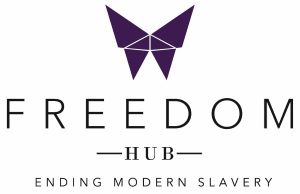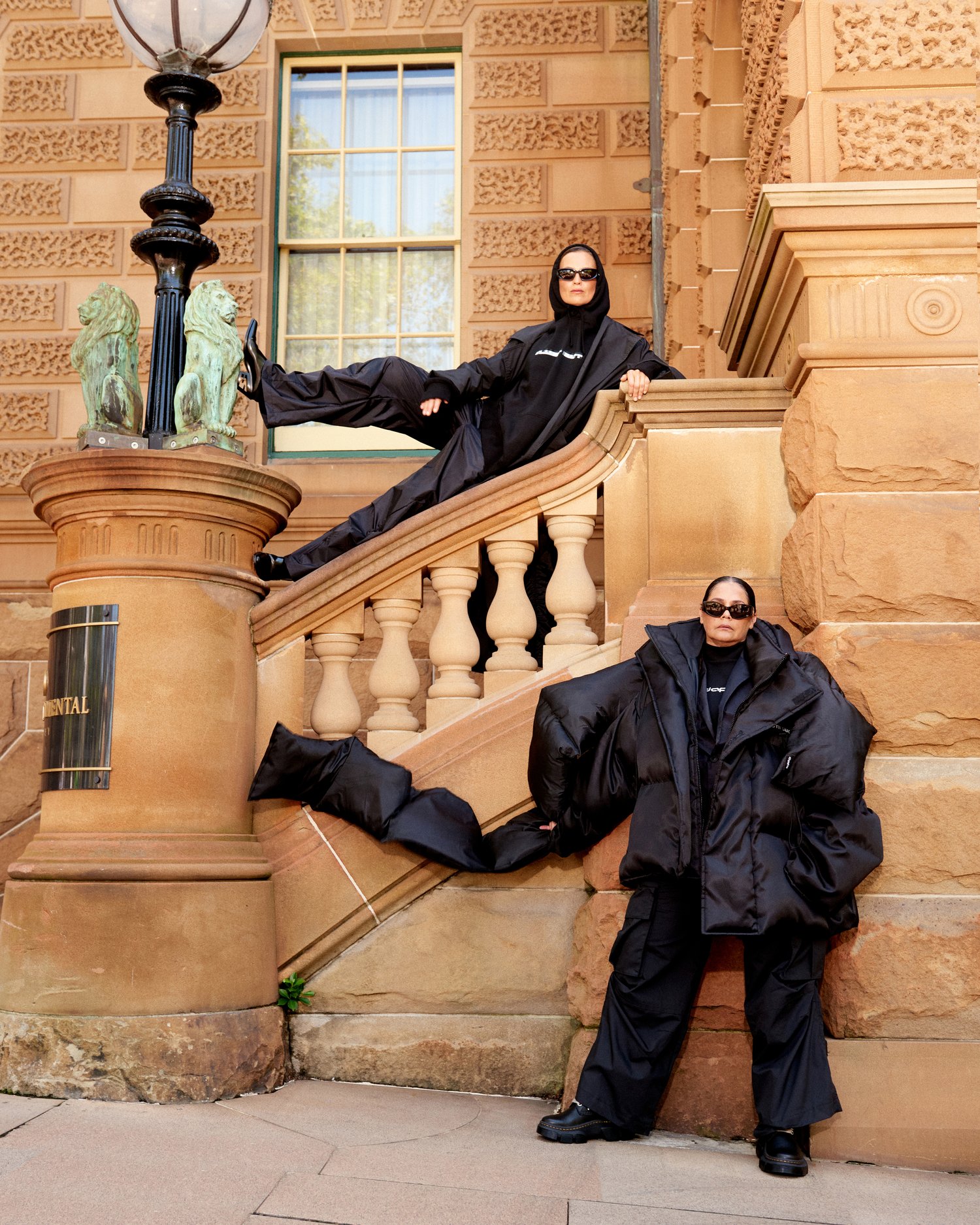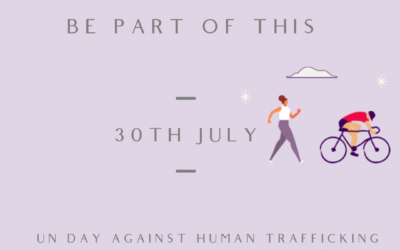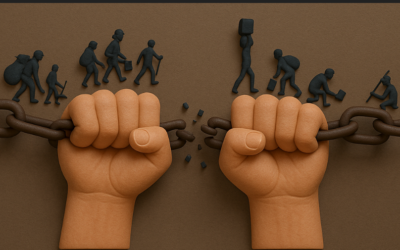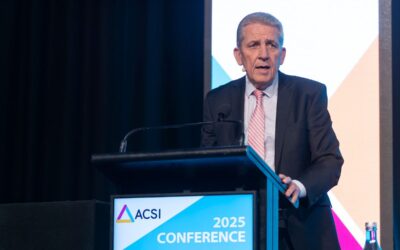Australian Fashion Week 2024
We take the time to remember the tragic Rana Plaza collapse which took the lives of 1,132 people, mostly garment workers, in Bangladesh 10 years ago.
“I managed to rescue her and I remember extracting sharp metals out of her face and shoulders, after bringing her home. I never thought she will survive”
– Shihab, husband of garment worker Tania, who was working in the Rana Plaza building during the collapse.
Unfortunately, such tragic events are not uncommon. Given that the fashion industry heavily relies on labour, and the lack of visibility across its complex supply chain, this has allowed modern slavery to thrive. As a result, it is the second-largest sector, after technology, supporting such practices.
Modern Day Slavery in Fashion Exploitation occurs at all stages of garment production. From cotton picking to manufacturing, workers are subjected to forced labour. They have inadequate pay, long hours, and poor working conditions. This exploitation is prevalent in major cotton and garment-producing countries like China, India, Bangladesh, Turkmenistan, and Uzbekistan. In these countries, human rights organisations have documented many cases of forced and child labour.
There are efforts by some governments to prohibit the import of products produced by forced labour. However, the lack of transparency in the supply chain means that such practices remain hidden. This poses huge challenges for businesses and consumers alike.
How Australia responds to slavery in Fashion
Australia’s Modern Slavery Act of 2018, aims to combat modern slavery by fostering transparency and accountability among businesses. The Act defines modern-day slavery as situations involving coercion, threats, or deception to exploit victims, including practices like human trafficking, slavery, servitude, or forced labour. To strengthen the Act, 30 recommendations have been made. These include the establishment of an anti-slavery commissioner and considering affirmative obligations and penalties for enforcement. However, these recommendations are still under review. The Act applies to businesses across various sectors, including fashion, aiming to address issues like forced labour and exploitation within supply chains.
Despite the Act’s intentions, there is a need for greater enforcement and guidance to ensure meaningful action against modern slavery.
Consumer Responsibility in Response to Fashion Week 2024
Amongst the glitz and glamour of Australia Fashion Week 2024, consumers need to stay informed and shop responsibly.
Here are three points on how consumers can shop responsibly for fashion to help ensure they are not fueling the problem of modern slavery in supply chains:
- Research Brands and Their Practices: Before making a purchase, consumers should research brands to understand their commitment to ethical practices. Look for companies that are transparent about their supply chains, labour practices, and sourcing of materials. Brands that publish detailed sustainability reports, have third-party certifications or are part of ethical fashion initiatives are often more committed to preventing modern slavery in their supply chains.
- Support Ethical and Fair Trade Brands: Choose to buy from brands that prioritise fair trade and ethical practices. These brands often pay fair wages, ensure safe working conditions, and do not engage in exploitative labour practices. Labels such as Fair Trade Certified, GOTS (Global Organic Textile Standard), and B Corp can be indicators of a brand’s commitment to ethical practices.
- Adopt a Sustainable Shopping Mindset: Reduce the demand for fast cheap fashion by adopting a more sustainable approach to shopping. This includes buying fewer, higher-quality items designed to last, choosing second-hand or vintage clothing, and supporting brands that offer repair services or take-back programs. By shifting to a more mindful consumption pattern, consumers can help decrease the overall demand for cheap labour that often leads to exploitative practices.
It can change lives if you take the time to do these three things!
Our Work at The Freedom Hub
At the Freedom Hub, we provide survivor-informed guidance on human rights risk. Human right and survivor guidance is is embedded into our company values and social impact. So we offer other businesses and large corporations ethical business services that help them implement and embed anti-slavery values and human rights into the culture of their organisation.
From Lunch and Learn sessions for employees, to ‘all hands’ workshops with industry-specific case studies and mapping of supply chains, to Greivence Response pathways and Board Information briefs on Risk and Governance. The Freedom Hub is doing all we can to help end global slavery. We are grateful to be assisting fashion brands to address this issue.
R.A.M.P is our Risk Assessment and Measurement Platform is designed to help procurement teams manage their vendor/supplier portfolios while assessing the risk of slavery in the lower tiers of their supply chains and business processes. It also provides an effective measurement tool for company actions taken in response to modern slavery, driving long-term societal change against exploitation.
Join Our Team
Help raise awareness and join our local volunteer team; contact us here. Our next volunteer information night is coming up in a few weeks.
If you’d like to opt into our monthly newsletter, opt in here.
If you would like to support our work, you can donate here. We are a registered Australian Charity and all donations support survivors of modern slavery in Australia who are in our Survivor School.
If you would like to learn more about our Survivor School or our Ethical Business Service look in the drop-down menus at the top of our website home page.
THANK YOU FOR TAKING THE TIME TO READ OUR BLOG (Please review it or share it with others)
Written by: Zainab Attarwali
